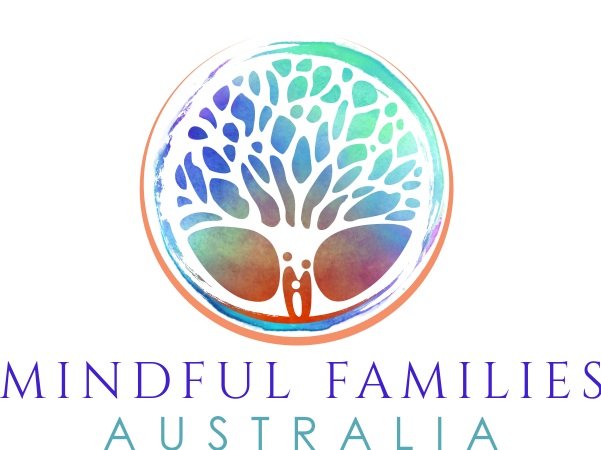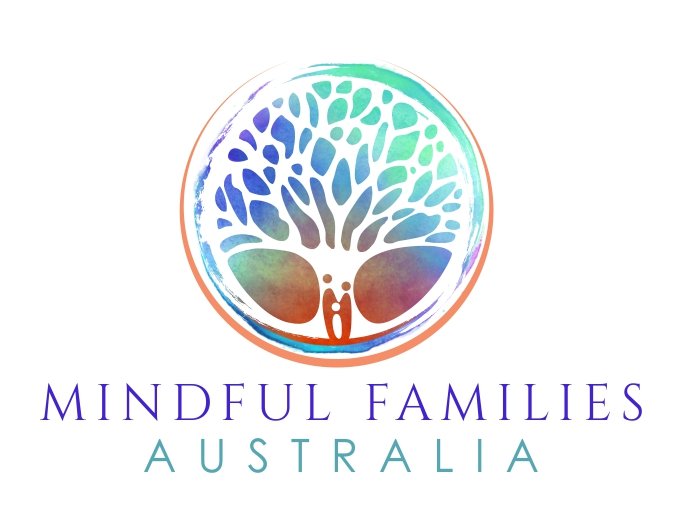Stronger You, Stronger Relationships: Why Prioritizing Your Own Therapy Benefits Everyone
Have you ever felt like you’re constantly giving to everyone else, leaving little for yourself? Many adults—especially parents—find themselves caught in the cycle of prioritizing others at the expense of their own wellbeing. But what if taking care of yourself was actually one of the most powerful ways to support those you love? Research shows that investing in your mental and emotional health isn’t just beneficial for you—it strengthens your relationships, improves parenting, and positively impacts future generations (Ginsburg & Kinsman, 2014).
Therapy as a Catalyst for Growth
Therapy offers a unique opportunity for self-reflection, healing, and growth. Many adults seek therapy to process past experiences, navigate present challenges, and gain clarity on their future. While these benefits are often internal, they extend far beyond the individual. Studies consistently show that individuals who engage in therapy develop greater emotional resilience, improved communication skills, and healthier relationships with their partners, children, and extended families (Johnson & Greenberg, 2018).
Understanding Attachment and Its Lasting Impact
One of the most profound insights from psychology is that our early relationships shape how we connect with others throughout life. Attachment theory highlights that the single biggest predictor of a child’s attachment style—whether secure, anxious, avoidant, or disorganized—is the parent’s coherence of autobiographical narrative (Siegel & Hartzell, 2004). In simple terms, when parents have made sense of their own life experiences, they are far more likely to raise emotionally secure children.
Dr. Daniel Siegel, a leading expert in attachment and interpersonal neurobiology, emphasizes that parents who have integrated their life experiences are better equipped to provide a stable, nurturing environment for their children (Siegel, 2012). This means that one of the most valuable things you can do for your child’s emotional security is to work on understanding and integrating your own past—through therapy, self-reflection, and personal growth.
The Changing Face of Parenting
Over the decades, parenting has shifted dramatically. A generation ago, parents engaged in their own social and sporting activities while children played nearby. Today, many parents dedicate their entire weekends to watching their children’s structured activities while sidelining their own needs. While this shift stems from love and dedication, it has also contributed to increased parental burnout. Children benefit not just from our presence but from seeing us thrive. Engaging in hobbies, friendships, and self-care models healthy balance and fulfillment (Brown, 2017).
How Therapy Strengthens Relationships
Therapy is not just for individuals—it enhances relationships and family dynamics. Research has shown therapy helps:
Improve communication, fostering emotional intelligence and allowing individuals to express needs more effectively.
Enhance emotional regulation, reducing reactive behaviors and increasing relationship stability.
Boost relationship satisfaction, even if only one partner engages in therapy (Gottman & Silver, 2015; Coan & Sbarra, 2015).
Lower stress and anxiety, promoting healthier interactions and emotional availability (Pietromonaco & Beck, 2019).
Strengthen parenting skills, leading to more patience, empathy, and emotional attunement with children (Kobak & Esposito, 2004).
Taking the First Step Toward Change
If you’ve been putting your own wellbeing on hold, consider this your invitation to change course. A powerful analogy for self-care is the standard safety advice on an airplane: “Put your oxygen mask on first before assisting others.” Prioritizing your mental, emotional, and physical health isn’t selfish—it’s a foundation for deeper, more conscious connections with yourself, your loved ones, and the world around you.
Therapy offers a space to explore your personal narrative, process past experiences, and cultivate emotional resilience. It empowers you to build a stronger sense of self, improve relationships, and create a life that reflects balance and intention. When you nurture your own growth, you model self-care and emotional intelligence for your children and those around you.
If you're ready to take this step, consider booking a therapy session to begin your journey toward deeper self-awareness and connection. Reach out to a therapist, join a supportive community, or start a self-reflective practice. Your wellbeing matters, and by engaging in therapy, you’re actively investing in a more meaningful and connected life. The time to start is now—give yourself permission to take this step today.
References
Bowlby, J. (1982). Attachment and Loss: Vol. 1. Attachment. Basic Books.
Brown, B. (2017). Braving the Wilderness: The Quest for True Belonging and the Courage to Stand Alone. Random House.
Coan, J. A., & Sbarra, D. A. (2015). Social baseline theory: The role of social proximity in emotion and economy of action. Current Opinion in Psychology, 1, 110-113.
Ginsburg, K. R., & Kinsman, S. B. (2014). Reaching Teens: Strength-Based Communication Strategies to Build Resilience and Support Healthy Adolescent Development. American Academy of Pediatrics.
Gottman, J., & Silver, N. (2015). The Seven Principles for Making Marriage Work. Harmony Books.
Johnson, S. M., & Greenberg, L. S. (2018). The Practice of Emotionally Focused Couple Therapy: Creating Connection. Routledge.
Kobak, R., & Esposito, A. (2004). Attachment and Emotion Regulation during Parent-Adolescent Interactions. In Handbook of Adolescent Psychology (pp. 142-165). Wiley.
Lebow, J., Chambers, A., Christensen, A., & Johnson, S. (2012). Research on the treatment of couple distress. Journal of Marital and Family Therapy, 38(1), 145-168.
Neff, K. (2011). Self-Compassion: The Proven Power of Being Kind to Yourself. HarperCollins.
Pietromonaco, P. R., & Beck, L. A. (2019). Adult Attachment and Physical Health. Current Opinion in Psychology, 25,


